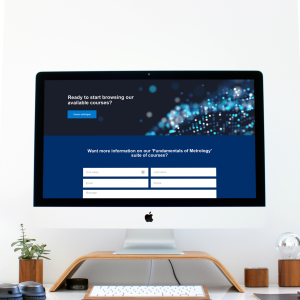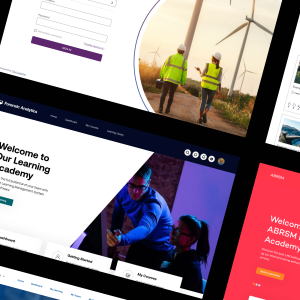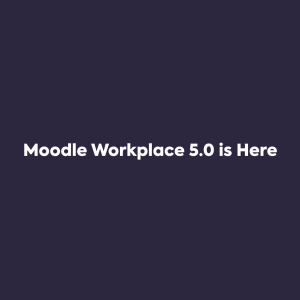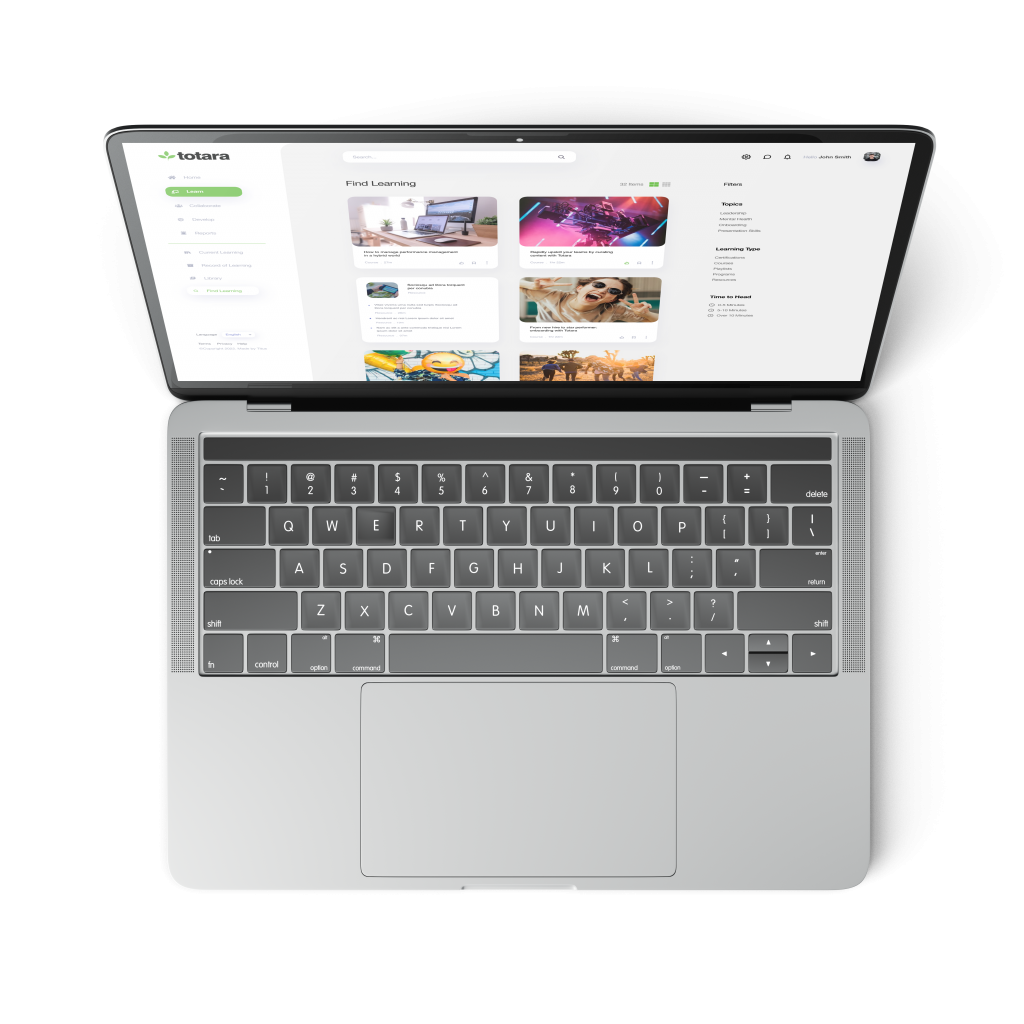To imagine how different the future classroom might look, we need only think about the classroom ten years ago.
What was so different in 2006? There were no tablets – and mobile technology was seen as an unnecessary distraction from learning. Learning platforms were, relatively, in their infancy. Personalised learning had only just been featured in Microsoft’s Practical Guide to Envisioning and Transforming Education, and most of the teaching world had no idea what it was.
So, in 2016 with technology having changed – and continuing to change – the face of education, what big changes might we expect to see in the future? Here are our thoughts…
More focus on personalised learning will lead to flexible assignments
Currently, there are few occasions when students can complete a task using different tools, at different times or using different techniques. All students receive essentially the same assignment, regardless of where their competencies or interests lie.
Personalised learning allows students to complete work based on their own skills – and with flexible assignments, they can be given one task – and given the freedom to complete the task how they wish – rather than the teacher expecting 20 identical pieces of work handed in from the class.
Not only does this illustrate the students knowledge and ability to complete a task – but it also demonstrates their competency when they are given autonomy. In turn, the student enjoys the learning experience more – and puts more effort into the result!
Augmented reality will become a daily part of classroom life
Learning platforms are already opening the door to a broader learning experience. Teachers are able to make courses more immersive by adding images, audio and video. Augmented reality will take it one step further.
Technology has made it possible for learning to be more interactive than ever. Geography lessons can be transformed with a truly three-dimensional experience – with 3D glasses, a simple picture of a glacier can be almost touchable. A visit to an art gallery can take place in the classroom with virtual reality headsets. QR codes can transform coursework reading material – opening up further information, including text, images and videos for the student to discover.
Apps and mobile technology, as well as wearable technology, will bring the whole world into the future classroom – making for more enjoyable, interactive and enlightening lessons.
Lessons will be taught from other schools
Again, the technology is already there for this to happen. A Skype video call, Google Hangout or any other type of video conferencing allows a teacher to conduct a lesson that’s watched by another class in another school.
As schools increasingly endeavour to build communities, links with other schools are vital, and lessons taught from other classrooms will aide this.It’ll also encourage the sharing of ideas and knowledge.
Additionally, for those studying languages, schools that have teamed up with establishments abroad will be able to deliver a much more rewarding learning experience – allowing students direct access to, and interaction with, those fluent in the language they’re learning.
Students will learn anywhere, at any time
True, this is already completely possible with a learning platform, but in every future classroom it will be a way of life, just like it’s starting to be in forward-thinking schools now.
Particularly, online courses like MOOCS will play their part in taking at least some learning away from the classroom.
Massive Open Online Courses (for example, the Khan Academy) are easy to sign up to, and any learner who doesn’t want to spend years in a classroom at school, college or university can find courses taught by professors at large universities and carry out their learning anywhere.
Particularly motivated students can learn new skills and complete a course in half the time it takes to gain equivalent qualifications in the classroom. They’ll have in industry-recognised qualification in subjects like maths, science or history – before their classroom-based equivalents!
This doesn’t mean the classroom will become obsolete in the future. Remember, students learn in different ways – and many will still have their needs best met whilst in a classroom environment.
However, the future classroom will have to adapt to a more flexible learning approach, and more readily adapt to the needs of the individual student. Inside or outside the future classroom, student will need more options in which to learn, with personalised learning, distance learning and augmented reality all part of the educational mix.
In the meantime, to find out how you can make the most of the e-learning technology available, get in touch with Titus Learning.






